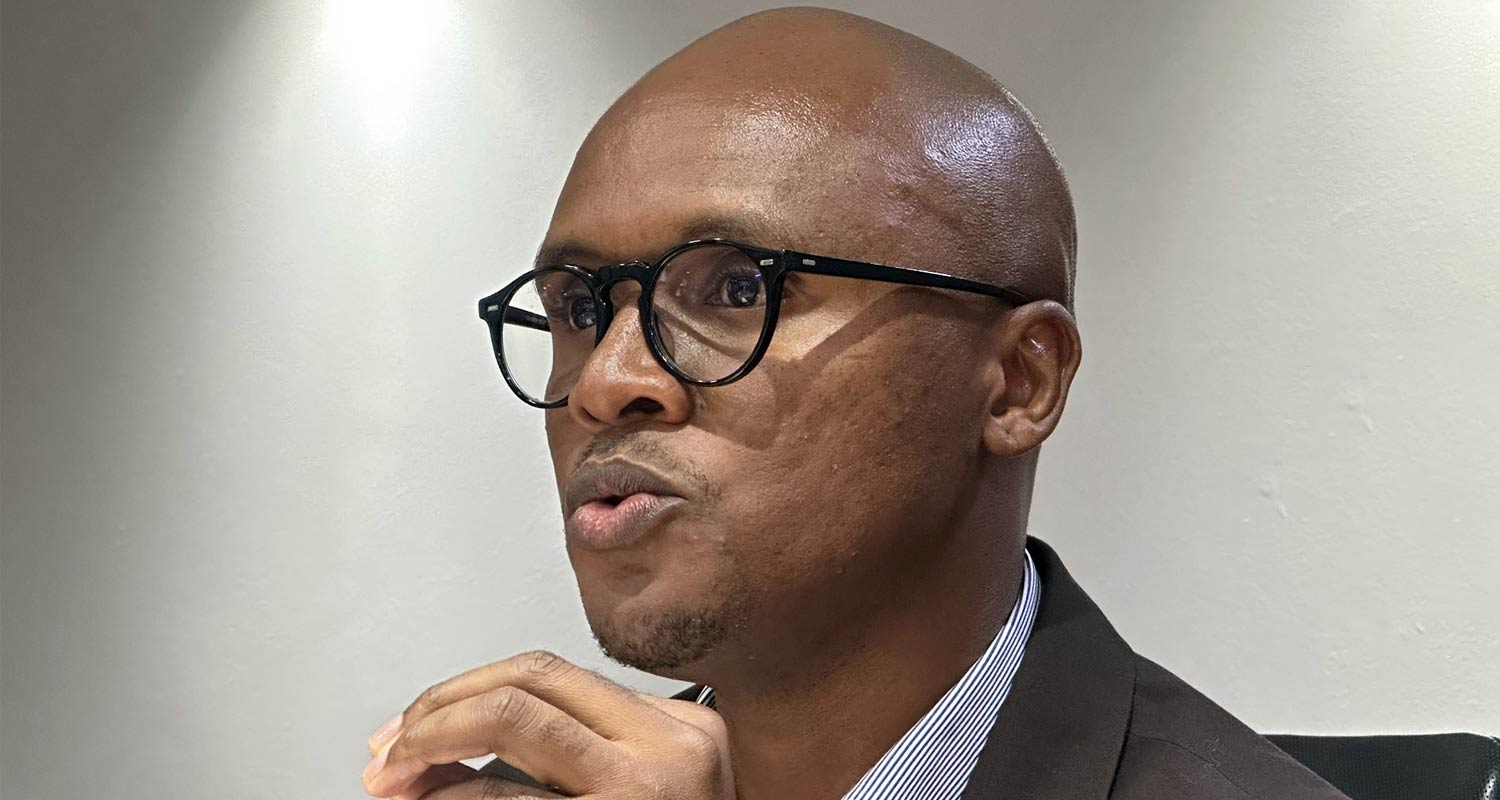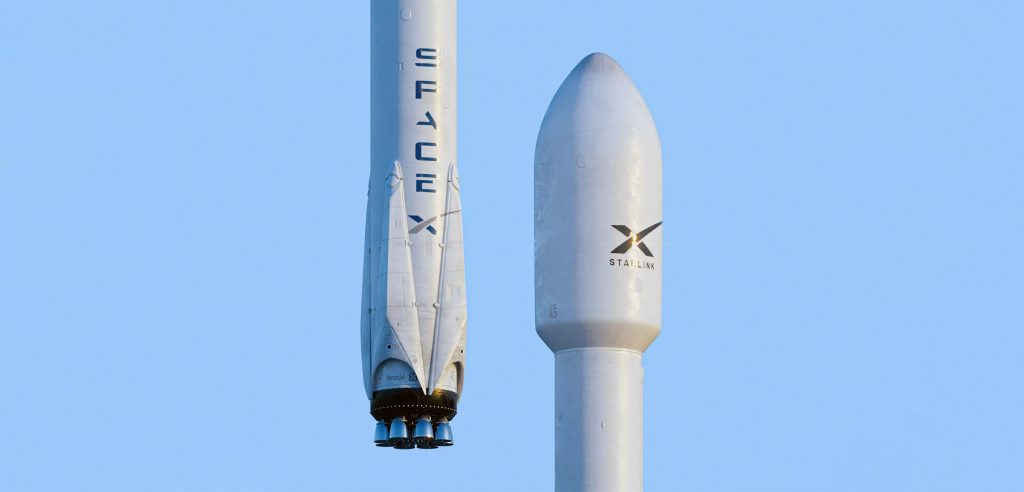Communications minister Solly Malatsi has published a proposed policy direction to communications regulator Icasa to look into the licensing requirements for satellite operators.
Government is proposing a workaround to black ownership requirements that will pave the way for Starlink and other satellite services to operate in the country.
It is proposing an equity equivalent regulatory change as a way around black ownership rules designed to redress the inequities of apartheid. The change would let Elon Musk’s satellite service enter the country by instead investing in alternatives including infrastructure or in small and medium-sized black-owned businesses in the country, the document shows.
The government had been planning to offer Musk a workaround to the ownership rules ahead South African President Cyril Ramaphosa’s visit to the White House this week, according to a report by Bloomberg News. The new rules are meant as a concession as Ramaphosa seeks to mend strained relations and clinch deals for trade.
Africa’s largest economy is dealing with an onslaught of criticism by Musk and US President Donald Trump — who’ve spread the false conspiracy theory that there’s a genocide against white people in South Africa.
The equity equivalence plan, which has been previously reported on by TechCentral, will form part of the department of communications & digital technologies’ medium-term plans, according to the document. The alternative to black economic empowerment laws, which generally require 30% black ownership in businesses operating in the country, will apply to any company operating in South Africa’s ICT sector.
The motoring industry in 2019 signed up for a similar workaround that involved the largest car manufacturers — including BMW, Ford and Toyota — setting up a fund that would bring disenfranchised groups into the sector.
‘Openly racist’
South Africa introduced BEE rules after the end of apartheid, during which black people were subjugated and excluded from the formal economy by the ruling white minority. Musk, who was born in Pretoria, has persistently criticised South Africa’s race-based laws, calling them “openly racist”.
The proposed policy direction published by minister Malatsi will be designed to improve regulatory certainty and consistency in licensing in the telecoms sector in South Africa, he said.

“There is a need to harmonise the requirements and provisions of the act with other legislation that applies to the recognition of ownership of members of the ICT sector, including the amended broad-based BEE ICT sector code,” the minister said in the proposed policy direction, which has been published in the Government Gazette – read it here (PDF).
Read: Starlink in South Africa: why equity equivalence makes sense
“The achievement of these objectives will require Icasa to implement certain amendments to regulations … in order to meet the imperatives of other national laws.” — Duncan McLeod, (c) 2025 NewsCentral Media, with additional reporting by Loni Prinsloo and S’thembile Cele, (c) 2025 Bloomberg LP
Get breaking news from TechCentral on WhatsApp. Sign up here.
Don’t miss:
Mobile networks plead for fair licensing rules as Starlink eyes South Africa launch
Crédito: Link de origem


